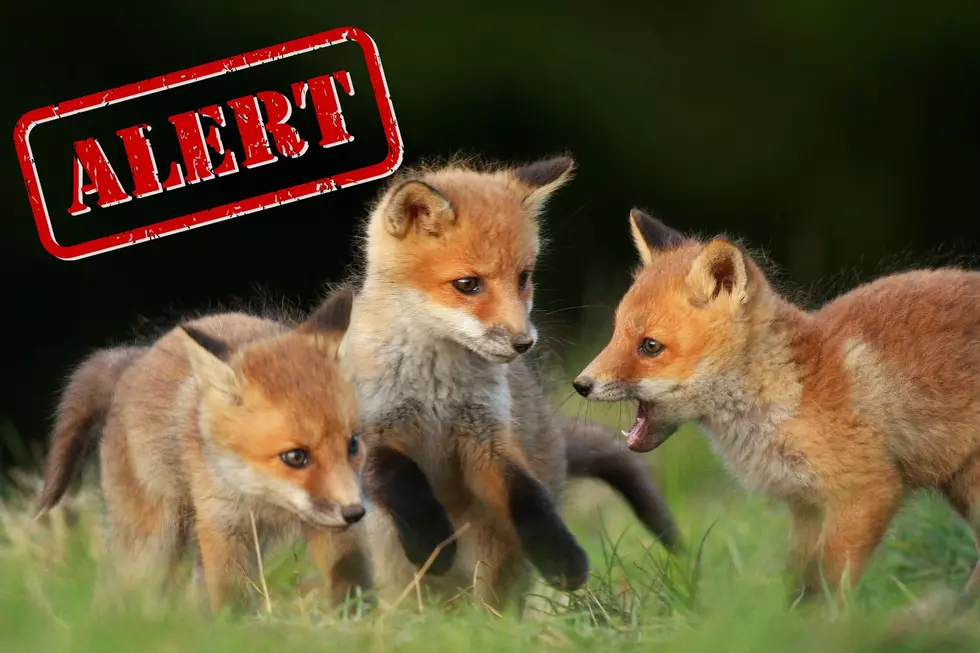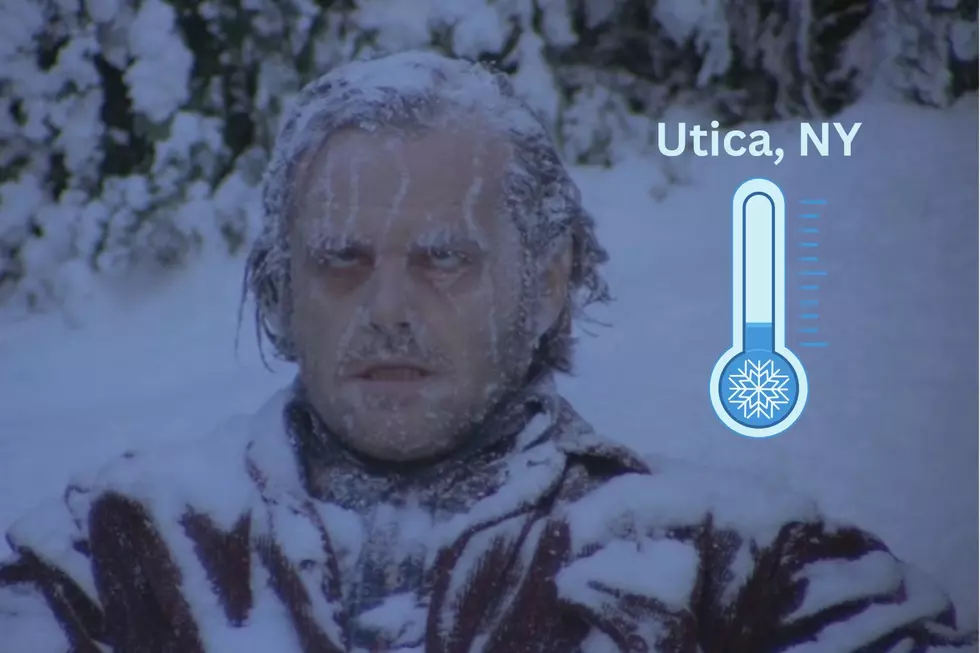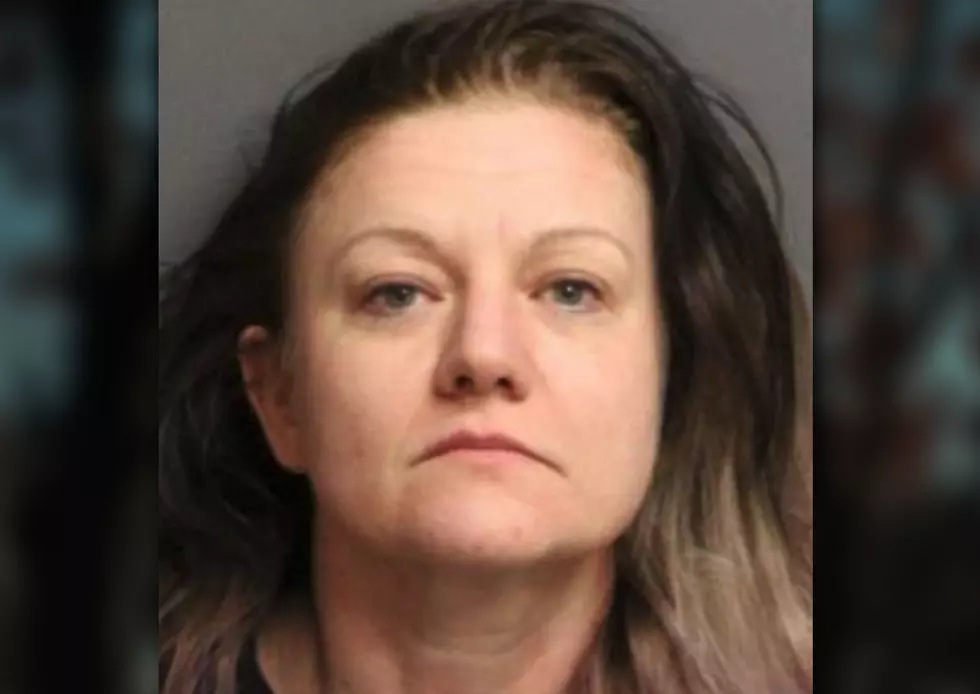
Deadly Avian Flu Spreading to Foxes in Central New York
A contagious strain of avian influenza is now spreading among wild animals in Central New York, which rehabbers say is a death sentence.
The deadly H5N1 influenza strain, referred to as avian influenza, has killed close to 100 million birds over the past 3 years. Because the strain was able to spread so quickly, Nature reports that it has mutated enough to infect other species of animals.
So far two humans have contracted avian influenza, but both cases were mild and the patients recovered without any complications. The good news is the human body is more adept at fighting the virus.
Unfortunately, the same can't be said for other mammals, like wild foxes.
Rome Sentinel caught up with local wildlife rehabber Judy Cusworth, founder of the Woodhaven Wildlife Center, who was treating a lucky fox kit that managed to survive the dangerous illness.
Reggie, an adorable 8-week-old fox, contracted avian influenza and the disease caused him to behave oddly.
A resident of Newport, based in Herkimer County, alerted Cusworth of the little fox leaving its den and approaching humans. The rehabber said the behavior was out-of-the-ordinary, so she took him to the Cornell Wildlife Hospital, where he was later diagnosed with bird flu.
Reggie the fox luckily beat the odds and is now on the mend, where plans are to release him back to the wild when he's older.
"Usually, if they’ve got it, it’s a death sentence," said Cusworth, saying foxes surviving a bird flu infection are extremely rare. She is also concerned that this is confirmation the disease is officially spreading to wild animals in the area.
This could mean more cases could follow, so residents are urged to be aware of animals behaving strangely and to immediately alert state officials should one cross their path.
The Centers for Disease Control and Prevention said wild animals likely contract the deadly illness if they eat an infected bird. However, researchers are closely monitoring if the virus is now capable of spreading between animals, as is the possible case with cows across several dairy farms in the United States.
Domesticated pets can also contract the virus, including cats, canines, cows, and goats. So if you see a dead, wild bird on your property, call the New York State Department of environmental conservation at 518-478-2203 or 718-482-4922 and keep your pet away from the corpse to prevent accidental transmission.
So far this year, New York has reported over 50 instances of avian influenza in wild birds - all of which resulted in death. No positive cases have been reported in Oneida County this year, but there have been six instances of the virus in Onondaga, two in Herkimer, and one in Lewis County so far in 2024.
Presently, virologists say the threat avian flu poses to humans remains low, but that doesn't mean they are being cavalier about the situation since two people have already contracted the illness.
Read More: Health Officials Raise Alarm after 2nd American Contracts Bird Flu
Daniel Goldhill, an evolutionary virologist at the Royal Veterinary College in Hatfield, UK, told Nature, "There’s always a worry that viruses will surprise us. We don’t know what they’ll do next."
Symptoms of human infection include mild upper respiratory infections, fatigue, conjunctivitis, and gastrointestinal symptoms.
The World Health Organization said the virus can be fatal in humans and has recorded 616 fatalities in other countries since 2013.
You can read more about avian influenza in New York State by visiting the NY Dept of Health website HERE.

The 6 Wealthiest Families in New York
Gallery Credit: Megan
Messiest Pets in Central New York
Gallery Credit: Credit - Polly McAdams
Updated New York Gas Prices
More From 96.9 WOUR






